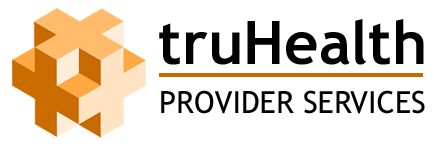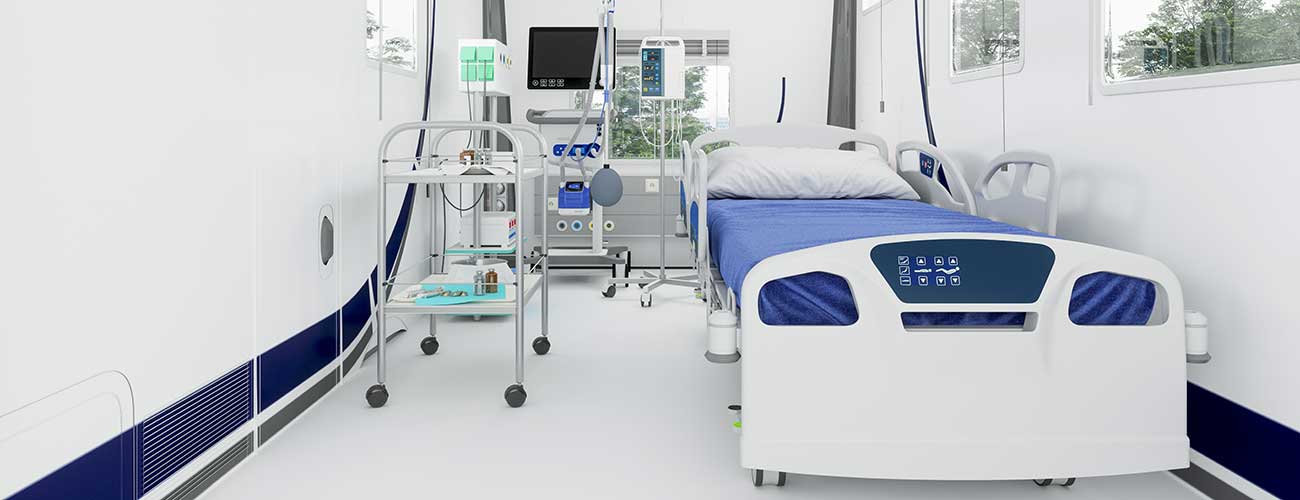How Mobile Healthcare Units Make it Rain in Underserved Communities
The familiar term food desert refers to a location where residents have trouble accessing healthy, affordable food. Similarly, healthcare deserts describe towns, rural areas, parts of cities, or neighborhoods where many people lack access to quality healthcare. Medical facilities often cluster together in cities, counties, and states, making access difficult and expensive for underserved communities.
Here at The Insurance Hub, we make it our mission to help our clients access the medical care that they deserve and need. Our mission of making healthcare accessible explains why we’re involved in developing mobile healthcare units that can deliver medical services and professionals to underserved areas.
According to the plan, new mobile units should start rolling out in March 2022. These mobile clinics’ healthcare services include mammograms, podiatry, vision care, lab work, hearing tests, and dermatology. Please take a moment to understand how mobile healthcare units benefit the communities and patients they serve.
Benefits of Mobile Healthcare Units
The National Institute of Health published an article that recapped available literature and studies on mobile health clinics, sometimes referred to as MHCs. The authors found that this innovative healthcare model can provide a particularly effective solution in preventative medicine, urgent care, and chronic disease management.
According to surveys performed by the Advisory Board for Mobile Health Map, patients reported these primary problems accessing healthcare:
- Concerns about cost or lack of health insurance
- Lack of transportation
- Discomfort with medical facilities or the healthcare system in general
- No regular doctor established
Healthcare providers can run mobile clinics more economically than other facilities. They can also leverage community resources for outreach, sponsorships, and further assistance. Also, mobile healthcare units can change dynamically to offer various healthcare services as needed, and this flexibility lets the providers address the most pressing problems. In some cases, more extensive healthcare facilities even use mobile units to augment their services during periods of increased demand.
For instance, one of these units might deliver vaccines in the parking lot of a neighborhood grocery store or school one week and draw blood for diagnostic tests outside of a senior community center the next. During the pandemic, some pharmacies and urgent care centers used mobile units to perform tests or administer vaccines to prevent overcrowded facilities.
The neighborhood setting offers patients easy access and a familiar location to obtain vital medical care. The flexibility of these mobile units lets medical facilities deploy them as needed.
Work With Us to Obtain High-Quality, Accessible Healthcare
At the Insurance Hub, we stay abreast of the most innovative and effective solutions for delivering accessible, affordable healthcare. Please speak with our experienced health insurance agents about the best healthcare plans to fit your budget and how you prefer to see doctors.





